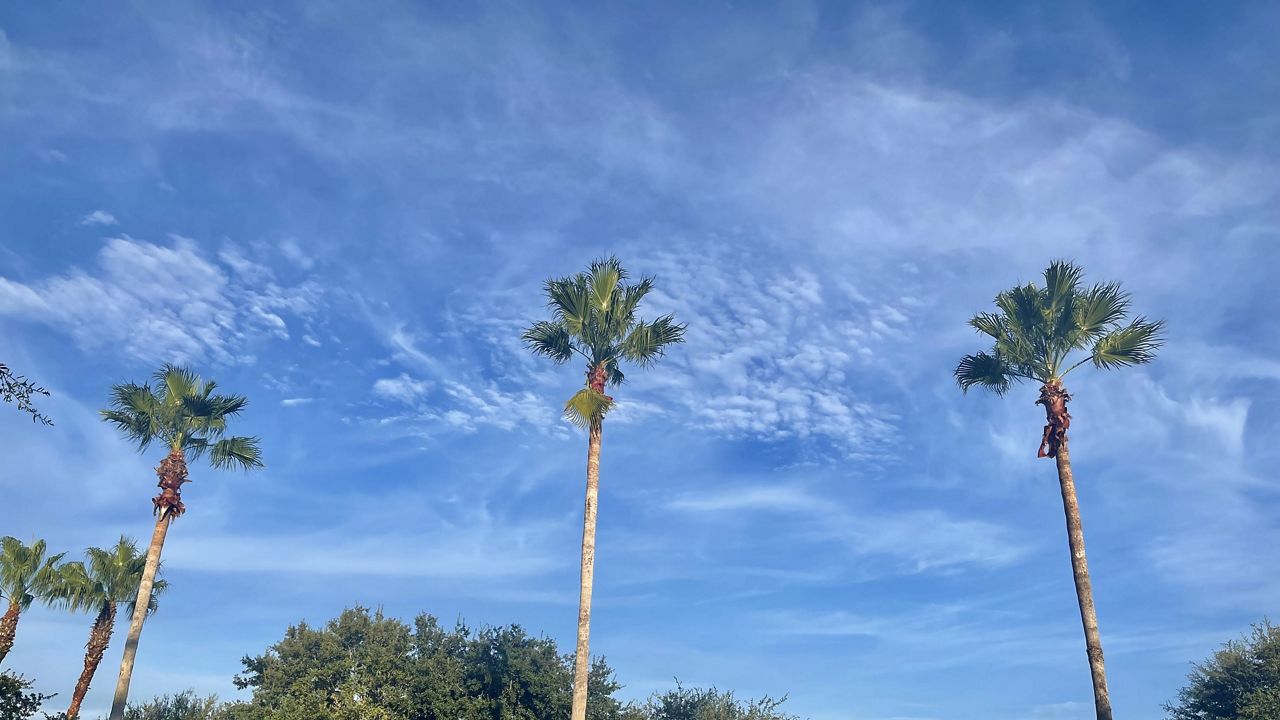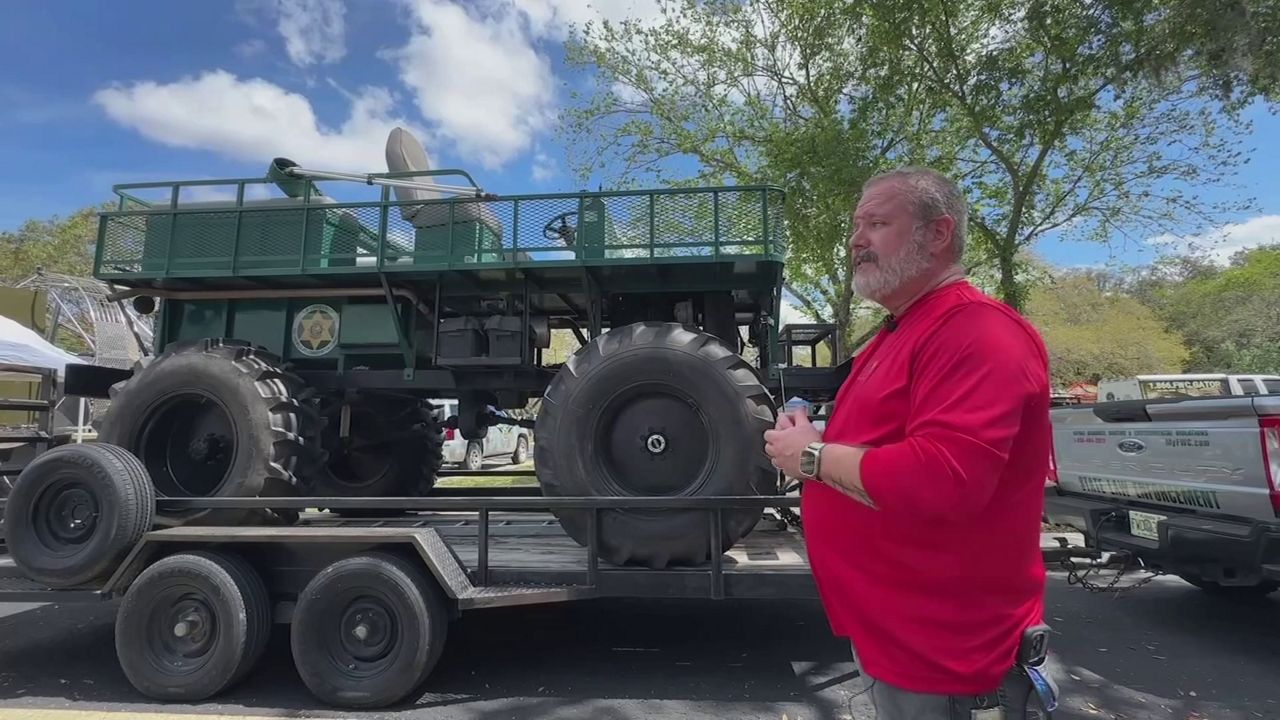WASHINGTON — A severe outbreak of red tide and large fish kills off the coast of St. Petersburg is raising concerns about the state’s fisheries and seafood industry.
What You Need To Know
- The U.S. Commerce Department recently denied Florida disaster assistance for fisheries hurt by the 2018 red tide bloom
- Sens. Scott and Rubio are unhappy with that decision
- Business owners worried about another hit similar to 2018
It’s the worst algae bloom since 2018, when the ride tide killed an estimated 2,000 tons of marine life and caused millions of dollars in businesses losses.
“What we are seeing now are the impacts of maybe some dead fish floating more and more on the water,” said Karen Bell, the owner of A.P. Bell Fish Co.
Bell knows her family’s wholesale and retail fish company operates at the mercy of nature. Red tide is a special concern for the company, which employs 25 workers in Cortez and 100 fishermen.
“What I do correlate to the red tide is the lack of production," Bell said in an interview with Spectrum News. "Right now, they aren’t catching any inshore species. and I think it has to do with the red tide."
In their most recent sampling, the Florida Fish and Wildlife Conservation Commission identified red tide around Tampa Bay ranging from very low in some spots to high concentrations in others.
Bell wonders if the business is about to take a major hit, as it did following a severe algae bloom three years ago.
“It was really hard for us — 2018 was tough," she said. "There were weeks where there was no production at all inshore.
“The bay guys had to travel much farther, literally 50 miles north or 50 miles south.”
The U.S. Commerce Department recently denied Florida disaster assistance for fisheries hurt by the 2018 red tide bloom.
"The Secretary made her determinations based on the scientific analysis of the National Oceanic and Atmospheric Administration showing that the percent revenue losses were not substantial enough to indicate that a commercial fishery failure occurred,” said Kate Goggin, a spokeswoman for NOAA Fisheries, which is under the jurisdiction of the U.S. Department of Commerce.
"Analysis of available information suggests that the 2018 and 2019 mullet, red grouper, and stone crab fisheries did experience a sudden and unexpected decrease in biomass that resulted in loss of access to the fishery, and was most likely the result of red tide events,” Goggin said.
"However, revenue loss for mullet and red grouper in those counties was low (below 35%). While revenue loss for stone crab in those counties was slightly higher, landings data indicate that stone crab fishermen shifted to other fisheries and/or moved to other areas to mitigate revenue losses in Lee, Collier, and Charlotte counties," she added. "Based on these results, the percent revenue losses in these counties are not substantial enough to indicate that a commercial fishery failure occurred for either the mullet, red grouper, or stone crab fisheries as a whole."
Sens. Rick Scott and Marco Rubio are blasting the decision.
In a statement, Rubio called it a “blatantly political move that risks severe consequences for the economies of the communities directly impacted.”
Scott’s office said the damage done to Florida’s charter fishermen and seafood producers between 2015 and 2019 was immense.
"Secretary Raimondo’s decision was a mistake, and Senator Scott will continue to work with the entire Florida delegation on a path forward,” said Sarah Schwirian, a spokeswoman for Scott.
As for Bell, she said federal assistance would be helpful. However, she said her business will adapt to whatever nature throws its way, and will endure as it always has.
“I don’t tend to dwell on the negative if I can help it, especially things beyond my control," she said. "But again, we will be paying attention, we will do the best we can."









